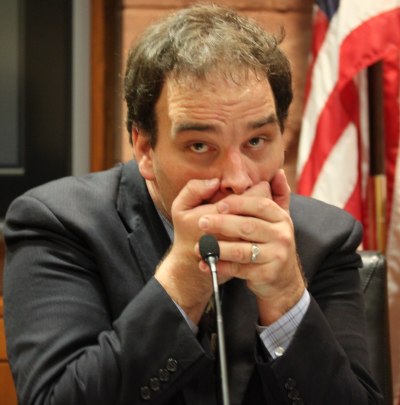
Hang on there, Dr. Superdoc, an objection is a time to take a break!
The court has a number of rules about what various witnesses are, and are not allowed to say in court. The rules, which you do not need to know or remember, get very complicated. Sometimes a witness is only allowed to say certain things after saying other things, or in response to a specific type of question. An objection simply means that a lawyer fears that one of those rules is about to be broken.
On a larger issue though, your job is to be the witness, not the attorney. Many times witnesses have something they “want to say” or “want to get out” in front of the jury. Trying to “sneak it in” ahead of an objection makes you look biased, and less credible as an expert.
It is important to recall that it is the attorney’s job to present the case. You are only one of the witnesses, and the attorney may have another witness that can testify to that fact without an objection. Alternatively, that fact that was important to your decision making may be unimportant for legal reasons. Sometimes the attorneys have agreed to certain facts, or agreed not to mention certain facts. If there is something that it is important for you to be able to say, the attorney will find a question that allows you to say it.
This is another reason why it is important to speak ahead of time to the attorney who called you. If there is an important fact in your note, especially a technical point that an attorney might miss, this would be a good time to mention it to the attorney. The attorney may need to “lay a foundation” by legally establishing other facts for that important fact to be allowed in trial. Advance notice allows the attorney to plan his or her trial strategy.
"Objection? Well you can object to this!”